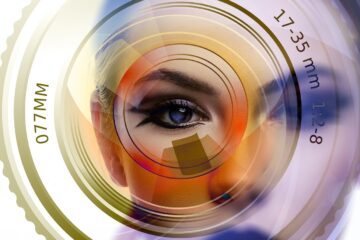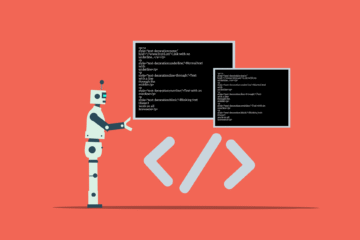Artificial intelligence is provoking one of the loudest creative debates in decades. Depending on who you ask, it’s either the beginning of a cultural renaissance or the end of human originality. The truth is far less dramatic and far more practical: AI is a tool—powerful, disruptive, and transformative, yes, but still a tool. And like every major creative technology before it, from the camera to the word processor, its arrival has sparked anxiety from those who fear what change might mean for their craft.
Yet while the arguments continue, something more important is already happening: people who once lacked the resources, skill, or access to create are now producing work that would have been unthinkable a few years ago. Small businesses are generating professional-grade marketing materials without hiring agencies. Writers are visualizing scenes that help refine their stories. Educators and entrepreneurs are expressing complex ideas more clearly than they ever could with words alone. Entire categories of content simply wouldn’t exist without AI. That isn’t the erosion of creativity—it’s the expansion of it.
The backlash often ignores this reality. Photography was ridiculed for lacking artistic merit. Calculators were accused of destroying math skills. Early desktop publishing tools were mocked as amateurish. But every one of those technologies ultimately raised the standard of what people could produce. AI is following the same path, and the discomfort around it is more about shifting norms than declining quality.
Misuse does occur, but misuse is a human problem, not an AI problem. Students still turn in unedited AI essays filled with contradictions, businesses still publish AI-generated marketing material loaded with mistakes, and several law firms submitted briefs with fabricated citations because they never verified what their AI tools produced. These episodes didn’t expose AI as unreliable—they exposed people neglecting their responsibility to review, question, and think. The lesson applies everywhere: AI can speed up the work, but it can’t replace diligence, ethics, or critical reasoning.
Those who get the most out of AI understand this. They treat AI as a collaborative partner—something that extends their abilities without replacing their judgment. Writers still provide the voice. Designers still provide the eye. Professionals still provide the expertise. When human insight and machine capabilities work together, the result is hybrid content that is faster to produce, more exploratory, and often more refined.
What about regulation, you may ask. Won’t that solve the problem? Regulation will shape how AI develops, especially around privacy, security, and transparency, but it will never fully contain it. Private, underground, and custom models already exist, operating far outside the reach of oversight. Overly restrictive rules could easily harm legitimate creators and businesses that depend on AI to stay competitive. Expecting regulation to single-handedly control or reverse AI adoption is not realistic.
The deeper question isn’t about AI’s impact on industries—it’s about its impact on us. Leaning on AI for every idea, every explanation, and every connection comes with a cost. Critical thinking, creativity, analysis, and the ability to synthesize complex information only grow through use. If we outsource all of that to machines, our intellectual muscles weaken. A strong mind, like a strong body, must be exercised. AI can support that growth, but it cannot substitute for the human process of wrestling with ideas, seeking knowledge, and drawing conclusions from our own reasoning.
The future belongs to responsible AI users—those who embrace the tool without surrendering their judgment. AI doesn’t diminish originality; it amplifies it. It doesn’t eliminate craftsmanship; it broadens the doorway to it. People who ignore AI will fall behind, and those who rely on it blindly will produce shallow, forgettable work. But those who cultivate their minds, apply discernment, and treat AI as a powerful assistant rather than a replacement will shape the next era of innovation. AI isn’t replacing creators. It’s giving more people the chance to become one—if they remain active participants in the thinking process.



0 Comments